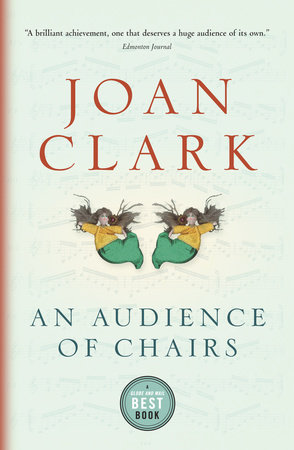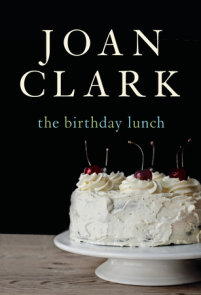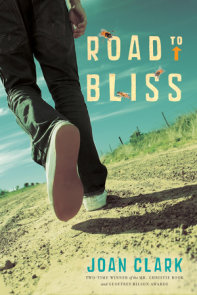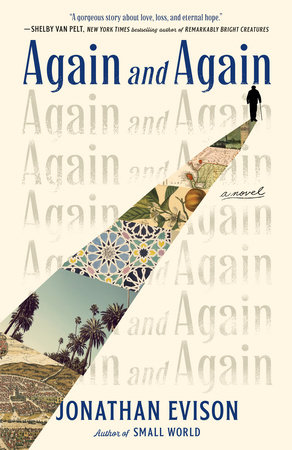

An Audience of Chairs
By Joan Clark
By Joan Clark
By Joan Clark
By Joan Clark
Category: Literary Fiction | Women's Fiction
Category: Literary Fiction | Women's Fiction

-
$18.00
Jul 25, 2006 | ISBN 9780676976564
-
Feb 12, 2010 | ISBN 9780307375360
YOU MAY ALSO LIKE
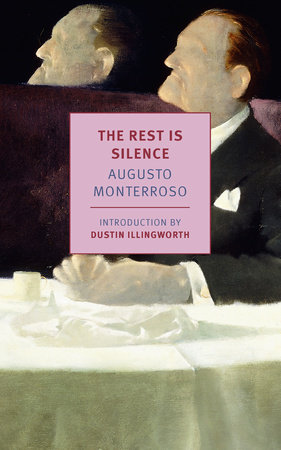
The Rest Is Silence

The Penguin Book of Korean Short Stories
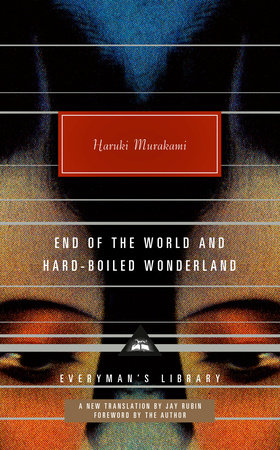
End of the World and Hard-Boiled Wonderland
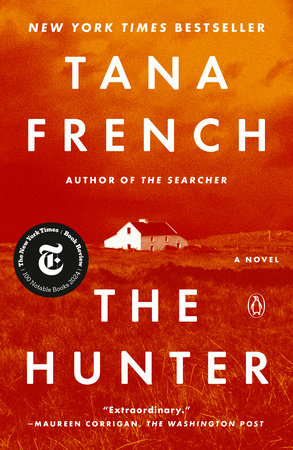
The Hunter
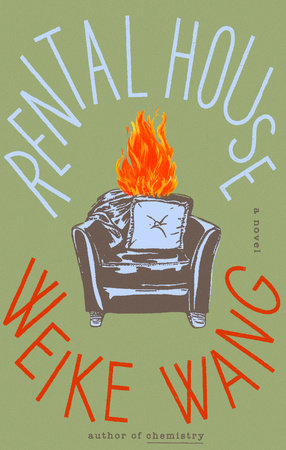
Rental House

Birds, Beasts and a World Made New
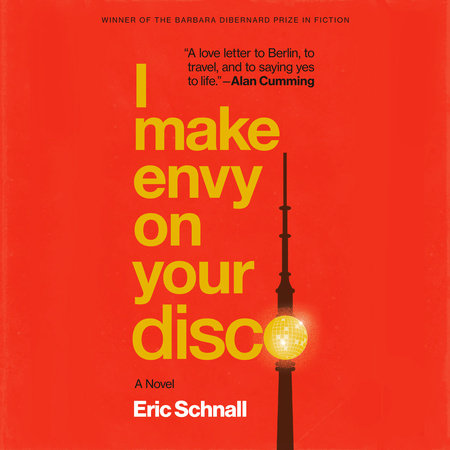
I Make Envy on Your Disco
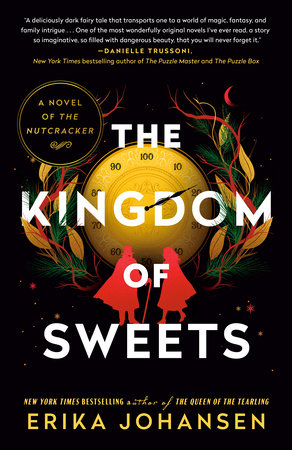
The Kingdom of Sweets
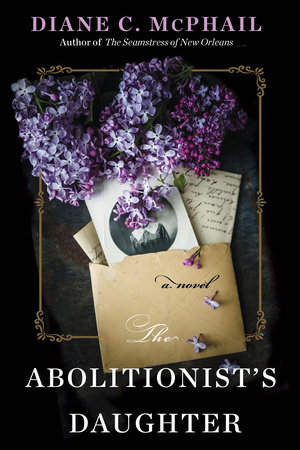
The Abolitionist’s Daughter
Praise
“Joan Clark dares to write about those who live with a disability that is not physically manifest, but makes of life a labyrinth of potential disasters. Her risk is our benefit — if we only have the wit to live as intensely as Moranna lives. And as William Cowper has it, ‘there is a pleasure in madness’ that we all might wish to know.”
—Aritha van Herk, The Globe and Mail
“Elegantly written and deeply grounded in place, this moving, compassionate novel is far more than a story of mental illness. Moranna’s quest is for peace, joy, and connection — the same yearnings that drive us all.”
–Quill & Quire
“Curl up in your favourite wingback for An Audience of Chairs. Clark, who excels at bringing wilful female characters to life, had me hooked on the first page with her plea to my imagination. . . . Readers are kept on knife’s edge.”
–The Daily News (Halifax)
“Heartbreaking and satisfying at the same time. An Audience of Chairs is a brilliant achievement, one that deserves a huge audience of its own.”
—Edmonton Journal
“A rich and rewarding novel.”
—The Sun Times (Owen Sound)
“Clark’s portrait of this intense and complex woman is empathetic, sensitive and credible, and without a trace of condescension. . . . A deeply felt lesson not only in what it means to be human but also in what it means to experience compassion for others.”
—Toronto Star
Praise for Latitudes of Melt:
A New York Times Notable Book
Nominated for the international IMPAC Dublin Literary Award
Nominated for the Commonwealth Writers’ Prize, Caribbean and Canada Region
"[Latitudes of Melt] has wonderful moments of clarity and transcendence, but never loses sight of what an ordinary life is."
—Carol Shields
"Mesmerizing. . . The novel casts a cumulative spell of ancestral continuity that is deeply and subtly true to life."
—The New York Times
"Latitudes of Melt is a magical novel that takes us on a magical journey to places most can explore only by reading about them."
—Ottawa Citizen
"Joan Clark evokes the profound sense of place we associate with the best Canadian writing. Absorbing and thick with detail. . . as rich and sustaining as a figgy duff."
—The Gazette (Montreal)
21 Books You’ve Been Meaning to Read
Just for joining you’ll get personalized recommendations on your dashboard daily and features only for members.
Find Out More Join Now Sign In






